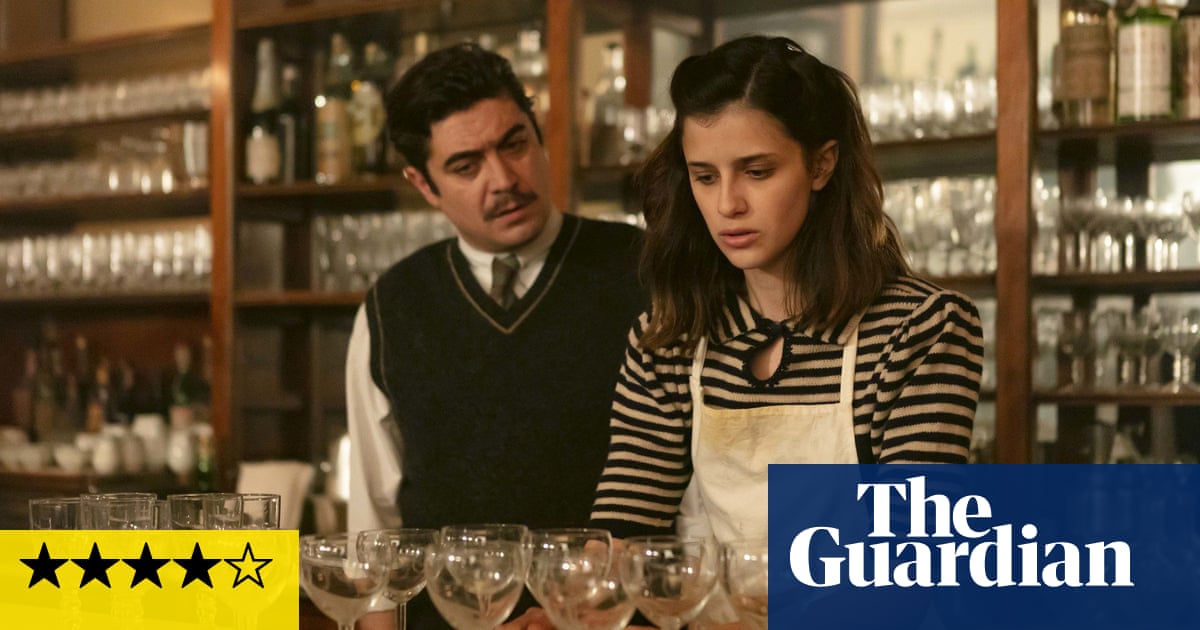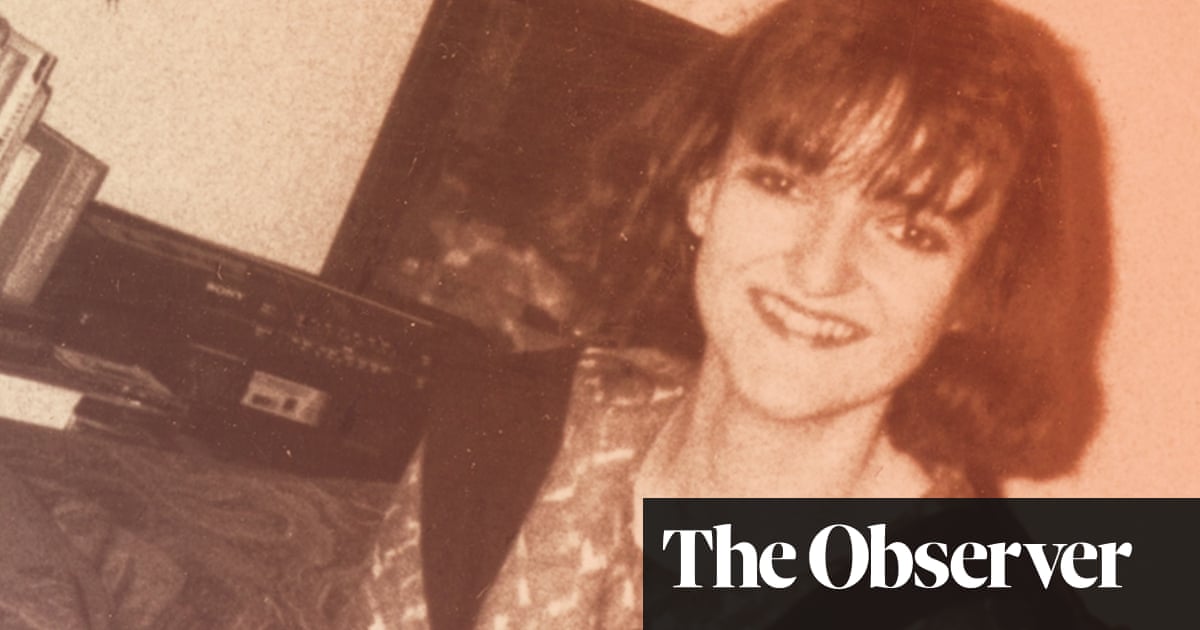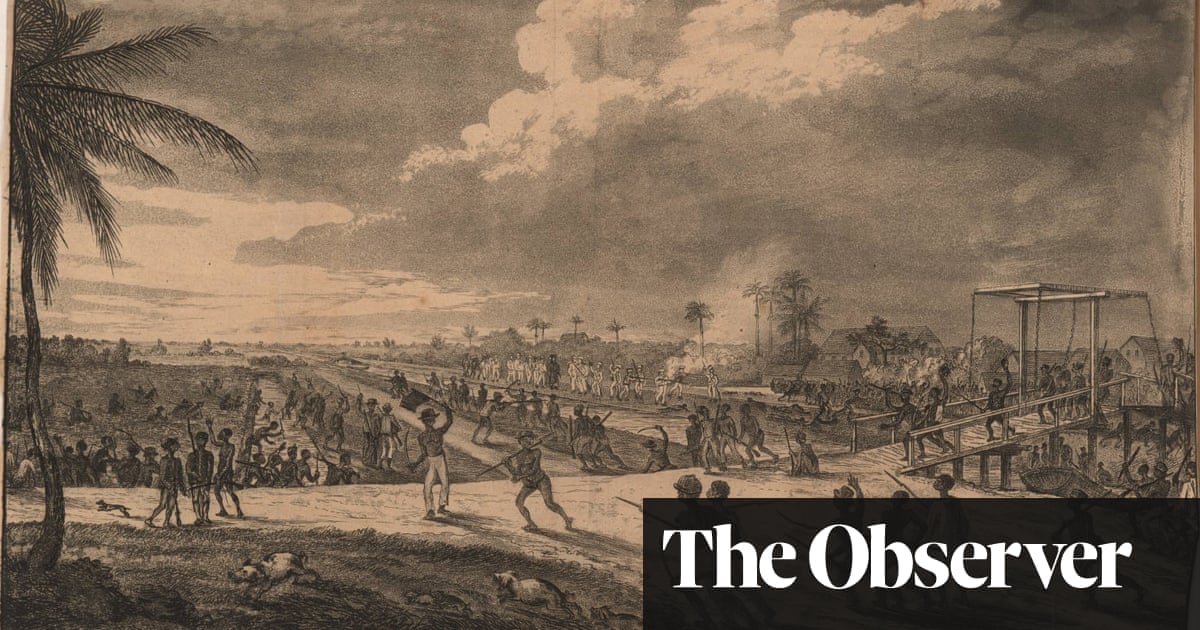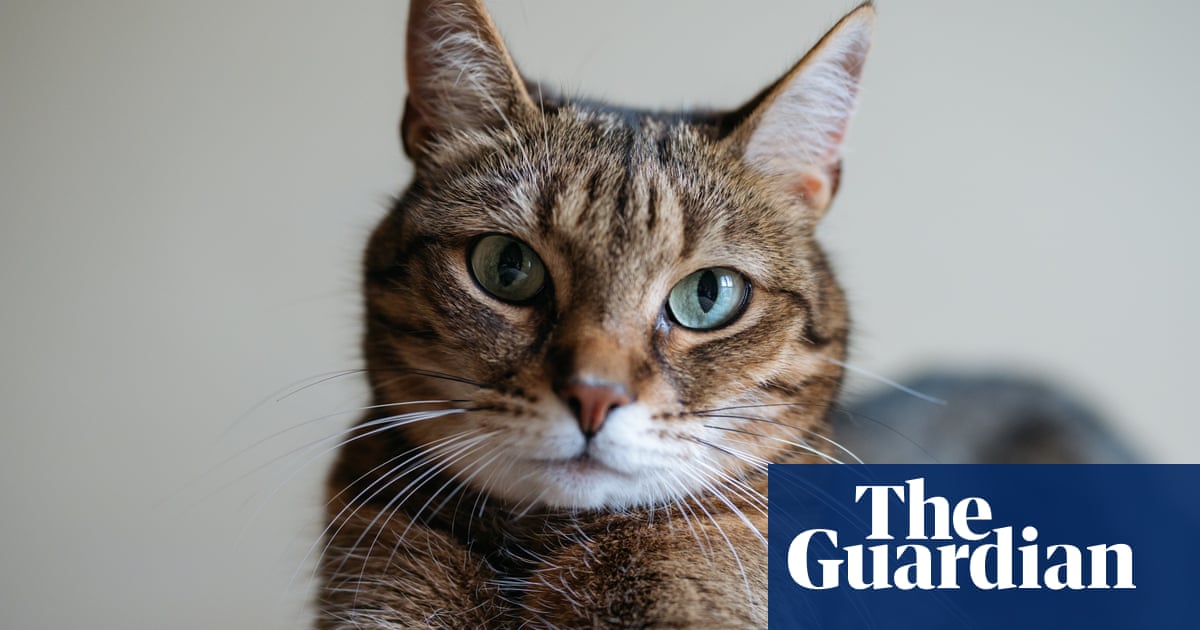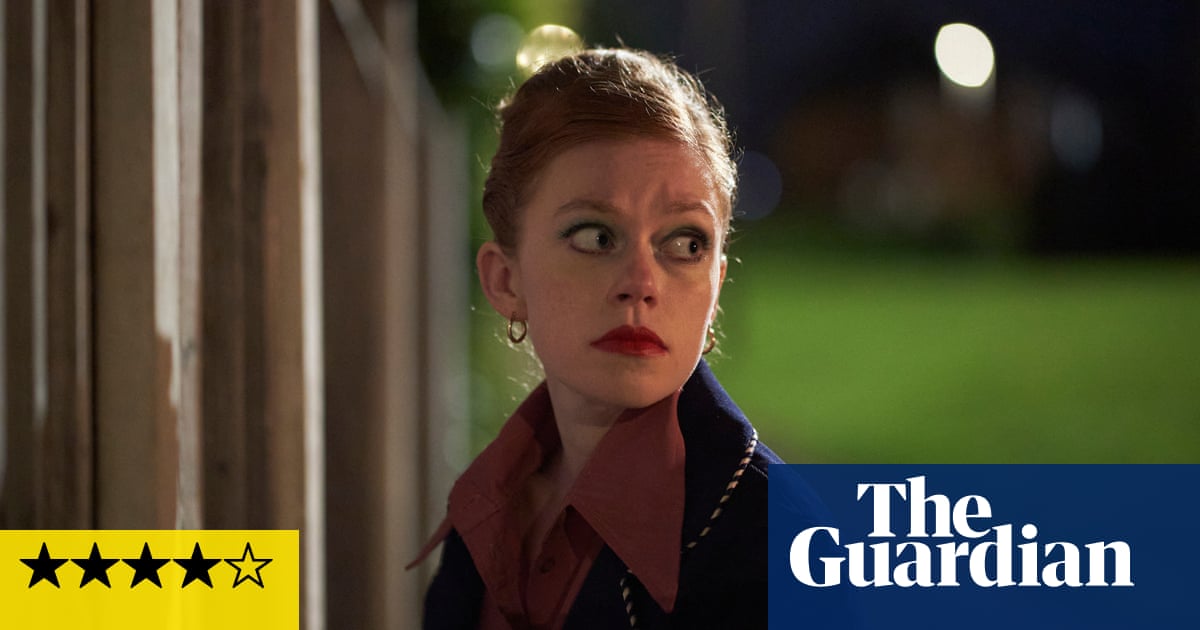
By the end of the first two of the seven episodes of ITV’s new drama about the Yorkshire Ripper made available for review, Peter Sutcliffe has barely been glimpsed. This alone marks it out from the herd of serial killer dramas, let alone documentaries, of which every streaming platform has a full quota. The general rule is that, however much the makers stress that their creation will centre the victims instead of the perpetrator of the crimes, they somehow all end up in thrall to precisely that person. Even when there really are intentions otherwise, the perpetrator inevitably becomes the dramatic focus and the narrative engine.
The Long Shadow – so far, at least, which is already further than most – shatters the general rule. Written by George Kay (whose last outing was the very different, very fun Hijack starring Idris Elba) and directed by Lewis Arnold (Sherwood, Time, Des – the Dennis Nilsen drama starring David Tennant), it is based on Michael Bilton’s book Wicked Beyond Belief, plus additional research and with the consultation and blessing of the families.
More than any rendering of a notorious case that I can remember, the attention is on the women. Specifically, the living women. And, when they are gone, the people they leave behind. After Wilma McCann’s (Gemma Laurie) murder, and the investigation that will take five years to apprehend Sutcliffe despite the police interviewing him nine times, the focus moves to Emily Jackson (Katherine Kelly). The opening episodes concentrate on presenting her situation to us in the round, as dire financial straits drive the embattled wife and mother to sell sex and put her fatally in Sutcliffe’s sights.
The Long Shadow deals in details. It is not simply poverty that leads the Jacksons to extreme solutions, but the social pressures and the desire not to lose face in front of the neighbours are all carefully and accurately drawn. So too are the subtle prejudices that nudge Irene Richardson (Molly Vevers) out of the chance of a job as a nanny that might have saved her from becoming Sutcliffe’s third murder victim.
After her, there is Marcella Claxton (Jasmine Lee-Jones), who survives a hammer attack by the man who will soon be tagged “the Yorkshire Ripper” by the media, though the moniker – hated by the families – is barely used in The Long Shadow. She miscarries at four months as a result of the attack. Back home from hospital, we see her gently touching her terrible head wound, trying to see it in the mirror and gauge its extent, with the empty cot in the background – a moving evocation of the literal and metaphorical extent of trauma; how much we want to find its boundaries and how impossible it can be to do so.
The police investigation weaves round the women’s stories, and although it hits many familiar beats, the quality of the writing and presence of the likes of Toby Jones, David Morrissey and Lee Ingleby as the various detectives in charge over the years means that this too is better done than usual. We have come to expect virulent misogyny and racism to be on show in dramas set in earlier decades and involving the police – or any other unwieldy, male-dominated institution – but The Long Shadow succeeds in embedding it more quietly but firmly. It is a way of life, a way of thinking rather than a succession of big instances (though it still has its moments, such as when the detectives’ hospital interview with Claxton turns into an interrogation, as their engineered politeness in front of a black woman begins to fail).
This all means that we better understand how the investigation went so wrong so many times, with even “the good guys” believing that the deaths of sex workers (and assuming that any woman near a known streetwalking area was one) were not worth much effort, or that any woman drunk and out after dark got what was coming to her. And it means we can better see its descendant attitudes now and how insidiously they still work against women. Big, sexist/racist set pieces or a clear divide between bad cops and the angelic few who have managed to transcend their eras allow us to believe that things are different now. The Long Shadow’s subtlety and care denies us such mistaken comfort.




